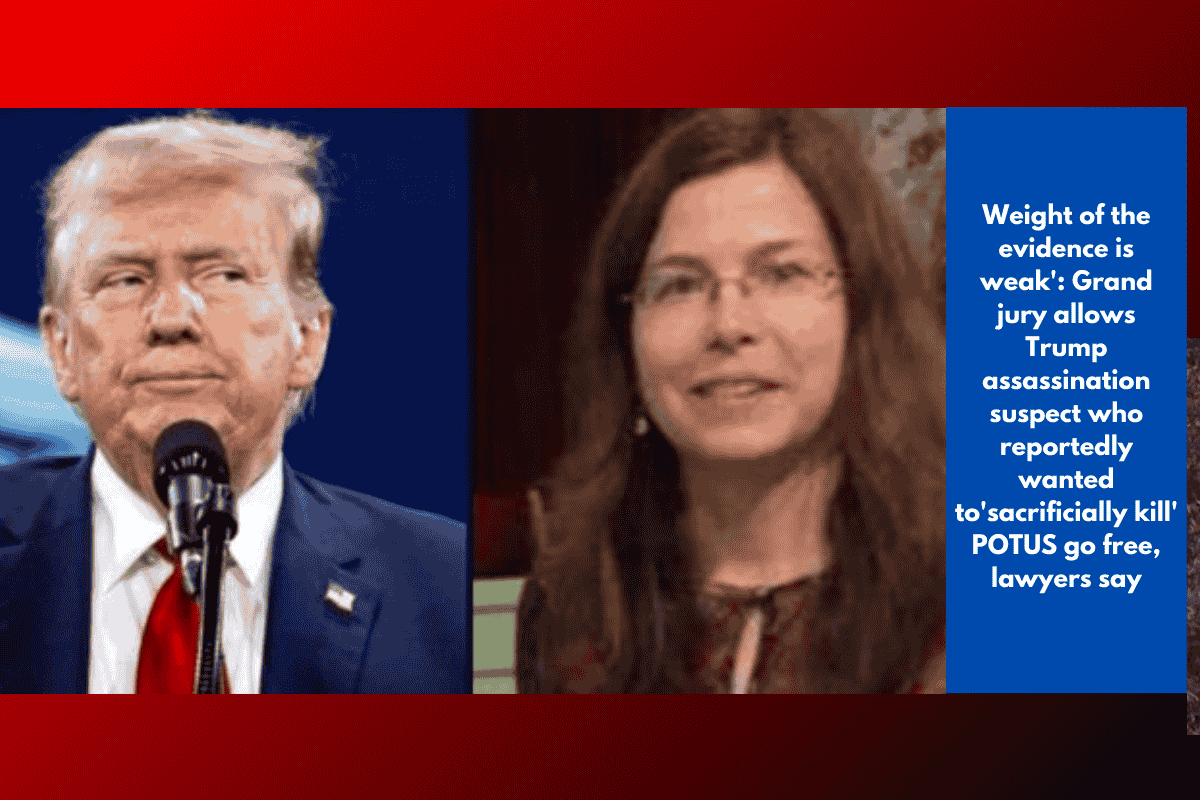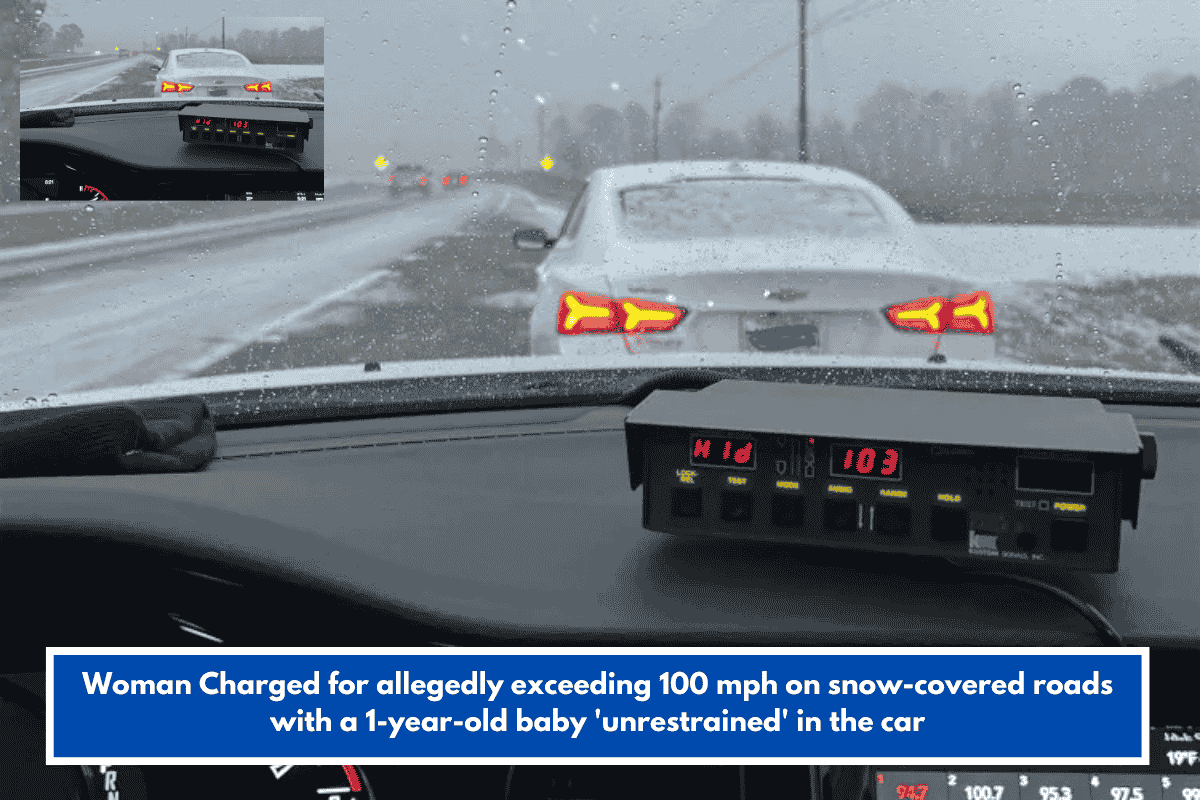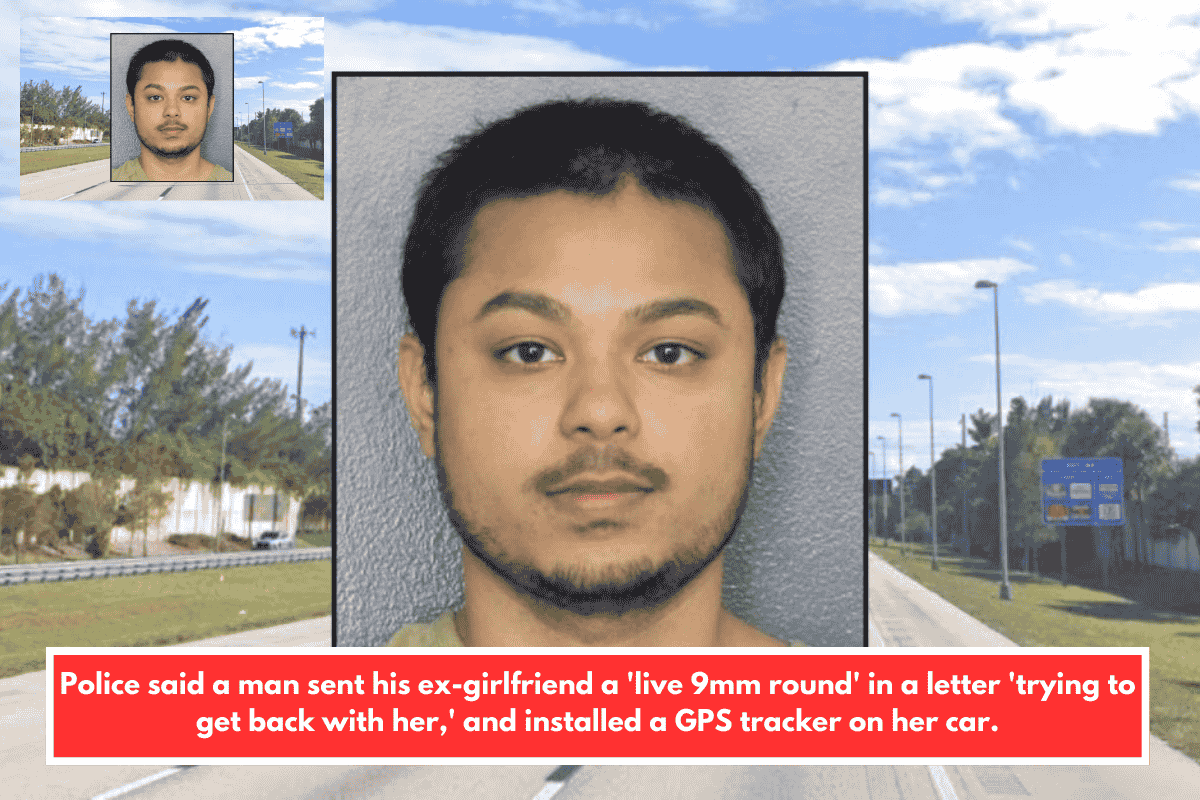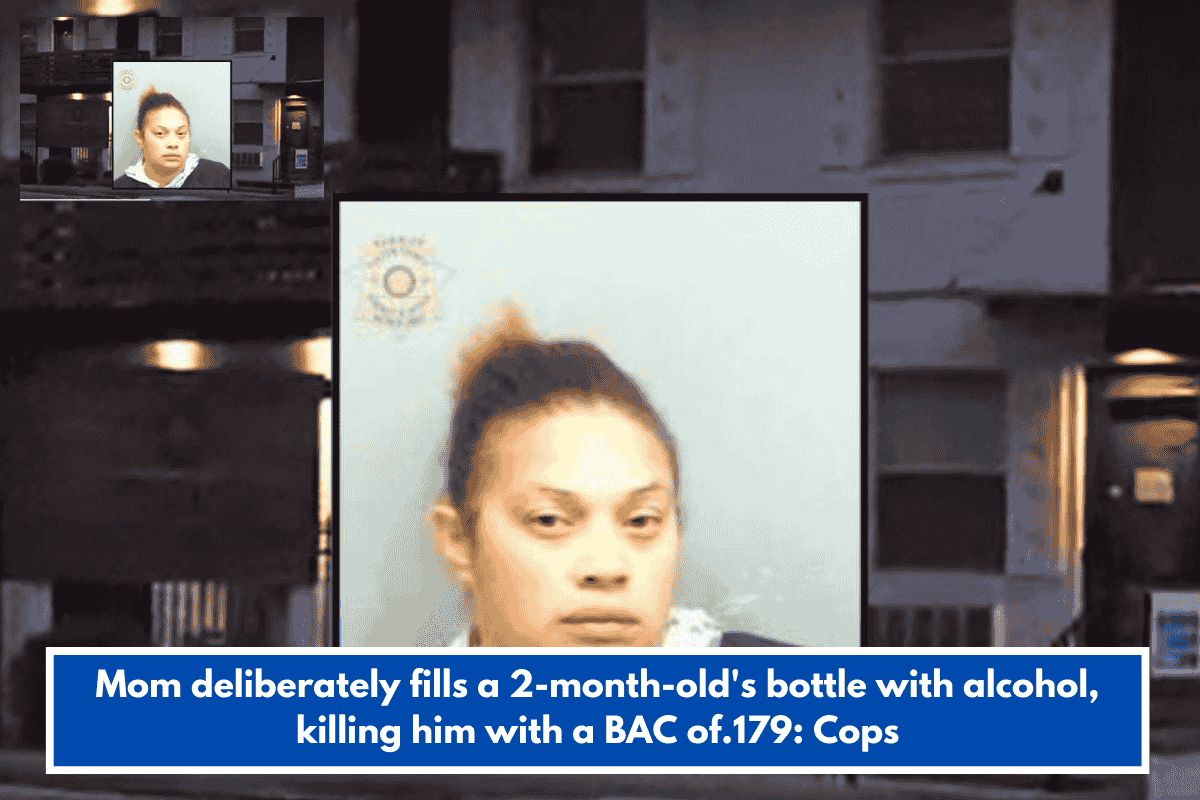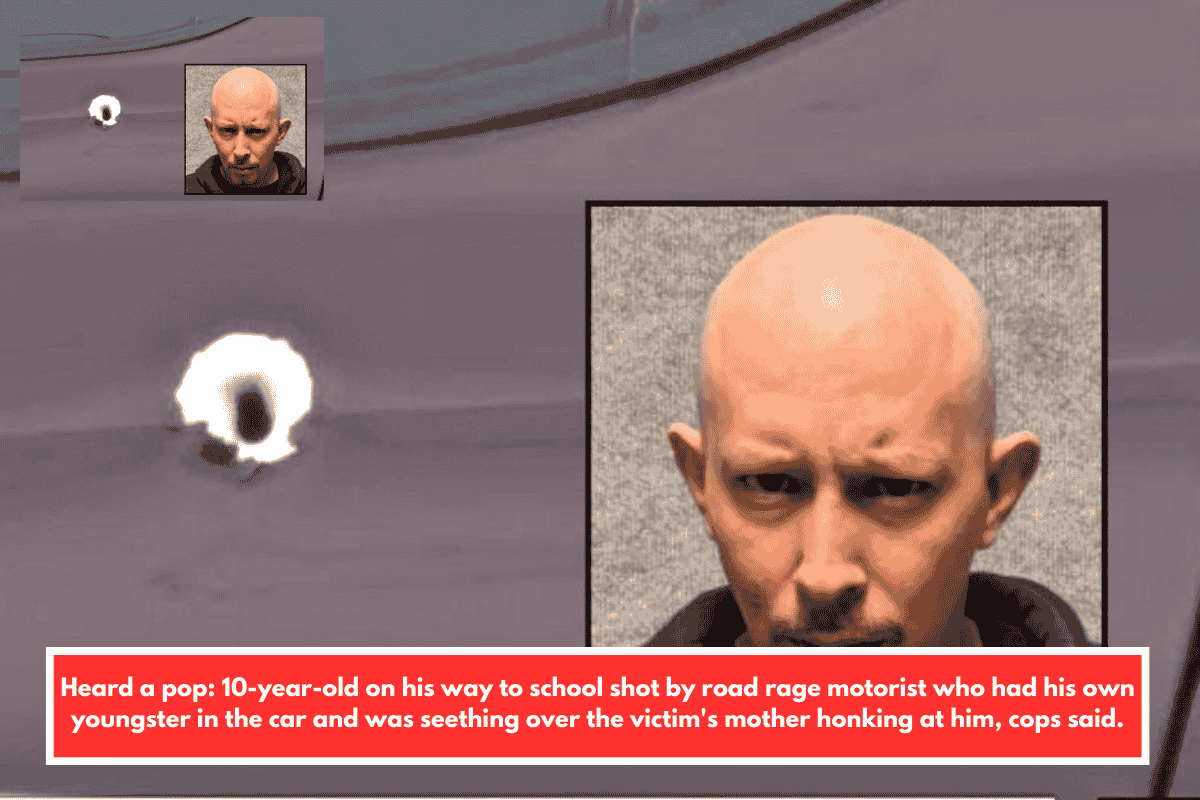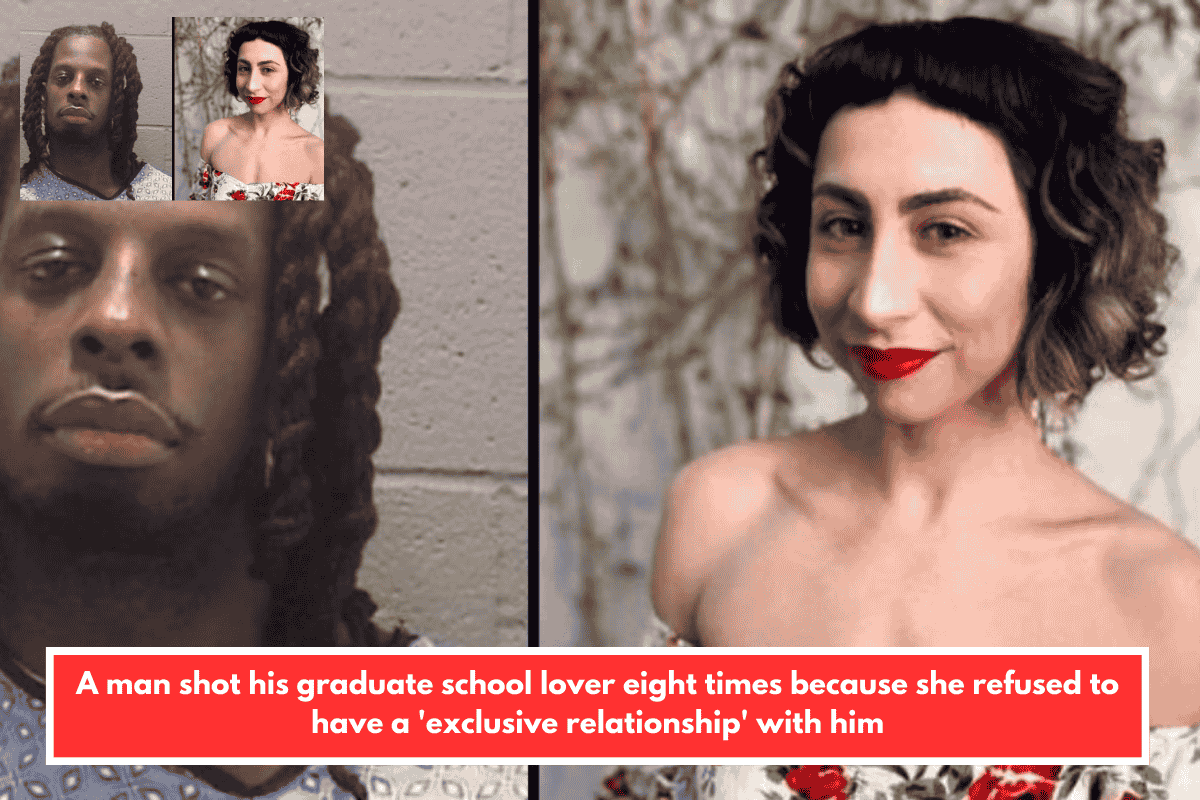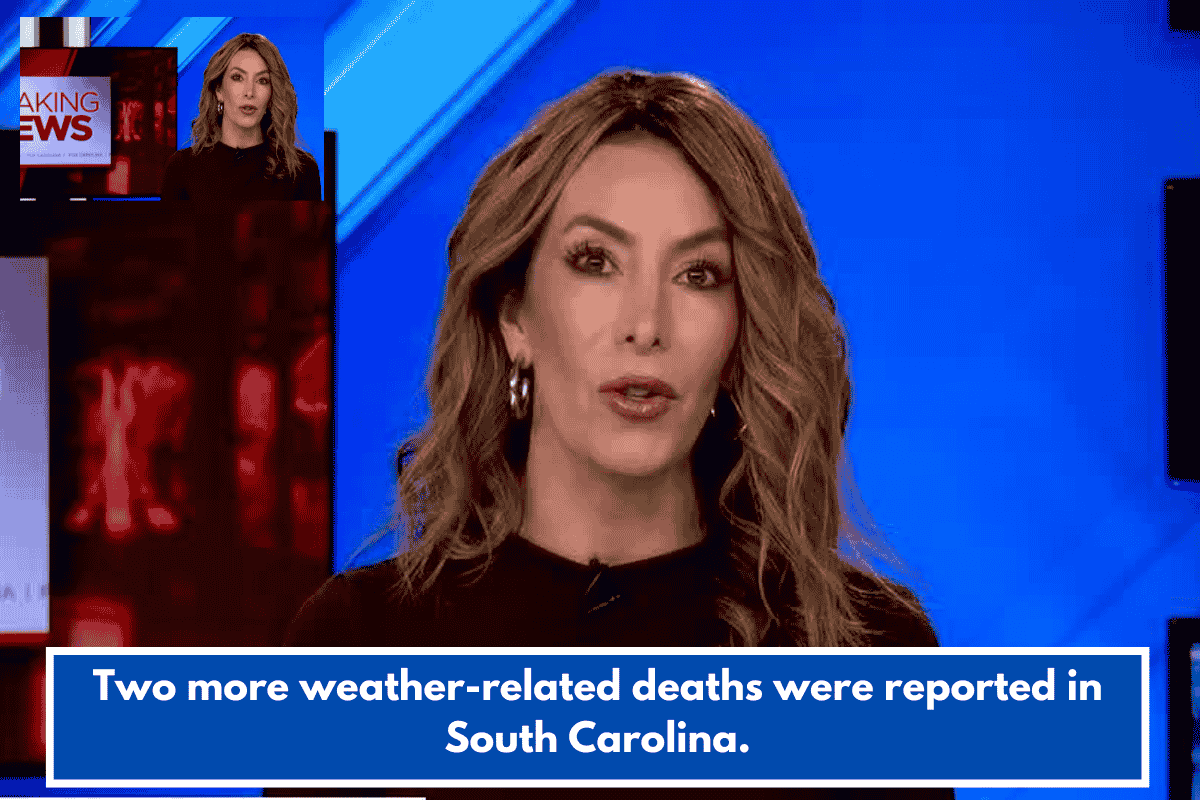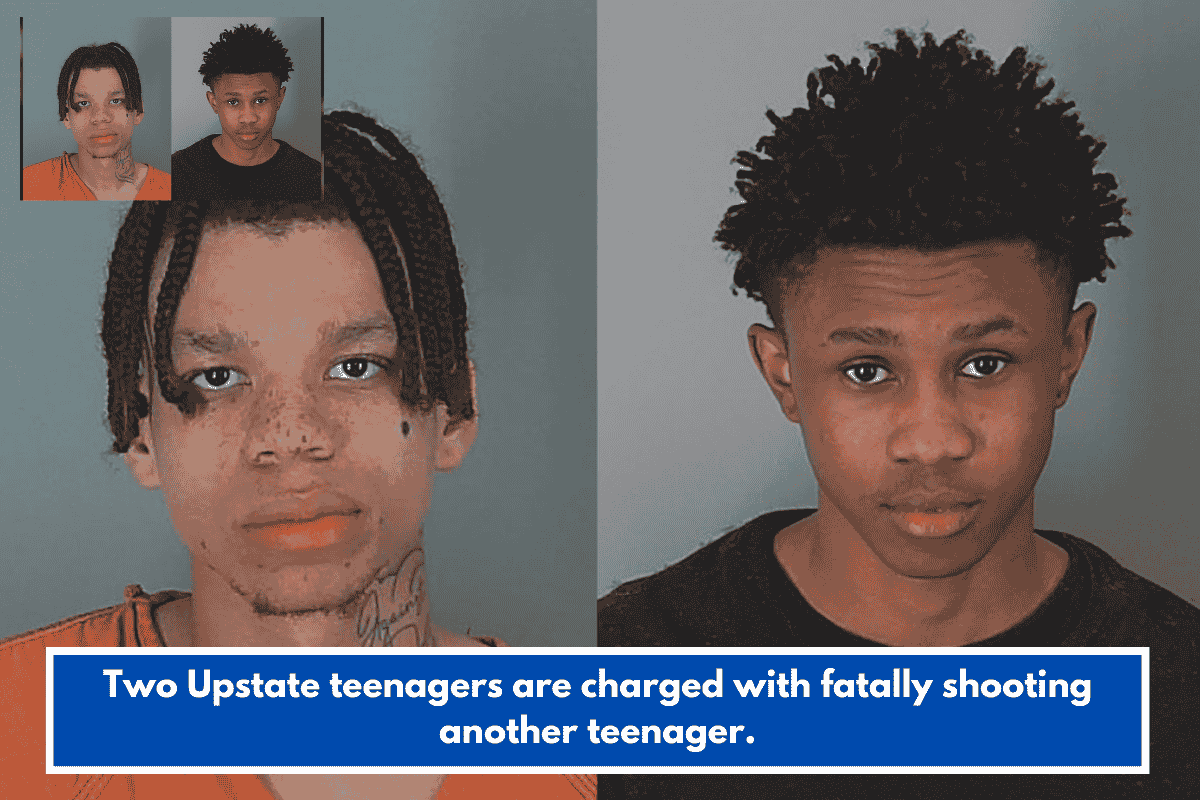The case of Nathalie Jones, a 50-year-old woman accused of threatening to kill former President Donald Trump, has taken a dramatic turn. A grand jury has now decided there is not enough evidence to move forward with the case, saying the threats appeared more like the outbursts of a mentally ill woman than an actual plan to do harm.
Grand Jury Finds ‘No Probable Cause’
Nathalie Jones was originally charged with making threats against the President and using interstate communication to spread those threats. Her case involved serious accusations, including violent language posted on social media. But now, according to her defense lawyers, a grand jury has decided that the evidence was too weak to support the charges.
This means she will not be indicted — at least for now — and is free to return home to her apartment in New York.
Who Is Nathalie Jones?
Jones, originally from Indiana but now living in New York, reportedly has schizophrenia. Her defense lawyers and long-time friends say her mental health condition played a big role in what she said online.
Several of her supporters described her as:
A creative writer with mental health issues
Someone who would never actually hurt anyone
A woman who often tagged government agencies in bizarre posts about selling solar panels
Her legal team used this background to argue that her threats were not real plans, but rather part of a mental health crisis.
The Alleged Threats That Sparked the Case
Starting August 2, 2025, Jones posted several disturbing messages online, including:
Calling for Trump’s removal from office
Describing his administration as a dictatorship
Blaming him for COVID-19 deaths
But it was one Facebook comment in particular that grabbed the FBI’s attention. She allegedly wrote that she would “sacrificially kill” Trump by cutting out his trachea — words that shocked investigators and led to her arrest.
Later, in an interview with the Secret Service, she reportedly repeated similar statements, saying she had a bladed weapon and was willing to “carry out her mission.”
How the Court Handled the Case
After her arrest, U.S. Magistrate Judge Moxila Upadhyaya initially denied Jones bond and ordered a mental health evaluation.
However, U.S. District Judge James Boasberg later reversed that decision, pointing out some unusual details:
The Secret Service spoke with Jones but did not arrest her immediately
She was found with no weapons, and there was no evidence she tried to obtain one
The court found it strange that law enforcement didn’t seem to view her as a real threat at the time
Boasberg questioned whether the situation was more about mental illness than actual danger, asking, “Why shouldn’t we consider this the rantings of someone with a mental illness?”
Release and Next Steps
Jones was released under GPS monitoring and ordered to undergo a full mental health evaluation. But following the grand jury’s decision not to indict, her lawyers are now requesting that all release conditions be removed.
They argue:
The case has collapsed due to lack of evidence
Jones never had a weapon or intent to harm
She should be released on personal recognizance, meaning no conditions, just a promise to appear if needed
Public Reaction and What This Means
This case has stirred debate over how the legal system handles threats made by people with serious mental illnesses. On one side, the DOJ warned that Jones clearly stated her willingness to kill and made specific references to doing so. On the other side, her supporters say her posts were nothing more than emotional outbursts from a troubled person who didn’t fully understand the consequences of her words.
As of now, no new charges have been filed, and her case may quietly come to an end — unless the government finds new evidence and decides to try for an indictment again.

